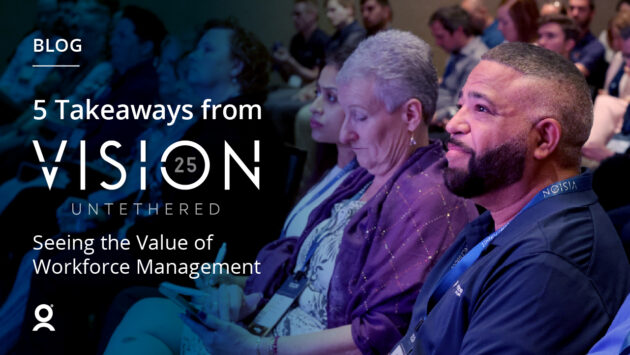The Wage and Hour Division of the U.S. Department of Labor (DOL) recently released four opinion letters addressing a broad range of important wage and hour issues under the federal Fair Labor Standards Act (FLSA). Each letter concerns a different regulation and topic and should be closely reviewed. Here are highlights of these letters:
Highly Compensated Employee Exemption (Opinion Letter FLSA2020-13)
The DOL confirmed, in part, that the only exception to the $107,432.00 minimum annual compensation required for the highly compensated employee overtime exemption is for employees hired after the year began or who leave their jobs before the year ends. In these cases, employees may be paid total compensation proportional to the amount of the year the employee worked for the employer. Additionally, employees who earn sufficient annual compensation for the exemption must still meet the weekly salary basis test of at least $684.00 to be exempt.
Fluctuating Workweek (Opinion Letter FLSA2020-14)
Under the fluctuating workweek method of computing overtime pay, nonexempt employees receive a set weekly salary no matter how many hours they work, plus overtime compensation when they work more than 40 hours in a workweek. In this opinion letter the DOL concluded that an employee’s weekly hours must fluctuate to use this overtime method, but they do not need to fluctuate both below and above 40 hours per week. Therefore, a nonexempt worker whose hours fluctuate only above 40 hours each week may still be eligible to be paid using the fluctuating workweek method, as long as all other requirements are met.
Retail or Service Establishment Exemption (Opinion Letter FLSA2020-11)
Section 7(i) of the FLSA exempts employers in the retail and service industries from paying overtime compensation to certain employees paid solely or substantially on commission. The FLSA defines a retail or service establishment as an establishment 75 percent of whose annual dollar volume of sales of goods or service (or of both) is not for resale and is recognized as retail sales or services in the particular industry. This opinion letter applied a far-reaching view of the retail or service establishment exemption to a company employing truck drivers paid solely on commission to transport fluid waste from oilfields to disposal facilities. The opinion letter partly relied on the recent withdrawal by the DOL of a regulation that included waste removal contractors on a list of businesses that were not retail or service, and on the characteristics of retail or service establishments set forth in section 779.318 of the Code of Federal Regulations.
Use of Personal Vehicles and Related Reimbursements (Opinion Letter FLSA2020-12)
The DOL indicated that the FLSA provides substantial leeway to employers when reimbursing employees who use their personal vehicle in connection with their jobs. Acceptable reimbursement methods include: (1) using the IRS’s annual standard mileage rates relating to all miles driven for work; (2) calculating the actual expenses incurred by an employee who drives for work; and (3) reimbursing the employee based on a “reasonably approximate amount.” Although the DOL noted that an employer is free to use its own method to reasonably approximate personal vehicle expenses, the DOL also indicated that to comply with the FLSA the method used by the employer must reasonably approximate actual business expenses incurred.
Although opinion letters offer practical guidance on interpreting DOL regulations, a court will disregard any interpretation it determines extends beyond the plain language of the FLSA or the regulation in question. Nevertheless, DOL opinion letters are a valuable resource for employers and the public to develop a clearer understanding of the FLSA and can be relied upon until overruled by a court of law. Here is a link to DOL Fair Labor Standards Act Opinion Letters.






